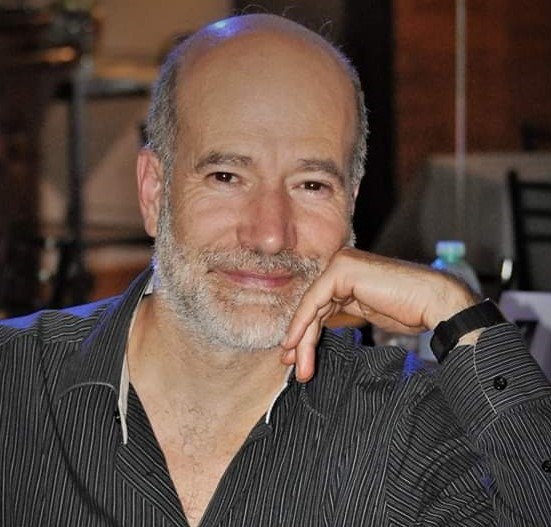Jordi Farres is the Deputy Operations Manager for the processing of Sentinel-3 data.
 Jordi Farres is the Deputy Operations Manager for the processing of Sentinel-3 data. His role entails being the Technical Officer for the Production Services, as well as the maintenance and evolution of the involved processors.
Jordi Farres is the Deputy Operations Manager for the processing of Sentinel-3 data. His role entails being the Technical Officer for the Production Services, as well as the maintenance and evolution of the involved processors.
Born in Barcelona, Jordi holds a PhD degree in Computer Science, from the University of Edinburgh.
He arrived at ESA as a Research Fellow in 1990, and within the Corporate IT services participated in the development and operations of most corporate applications until 2009, when he moved to the Earth Observation Directorate.
Before being assigned to the Copernicus Programme in 2014, Jordi was involved in the Technology Programme and ran the Grid processing services at ESRIN.
ESA: How did your studies shape your job choices?
Jordi: My international research background prompted me to search for technologically advanced activities in an international working environment. ESA was the perfect match.
Within ESA, there were many choices: the ICT department was the most obvious choice considering my studies, but soon I was charmed by technical challenges related to the space missions. The data processing and handling for the new Copernicus Programme was a very appealing subject from the beginning.
ESA: What does your role as Technical Officer of Production Services for Sentinel-3 entail?
Jordi: Running the Sentinel-3 Production Services is just a wheel in the whole Copernicus ecosystem, hence, the first challenge regards the interaction with the other services within and outside ESA. Our service needs to perform well and be cost efficient, but, more importantly, it needs to be effective and reliable in relation to all our interfacing partners.
From a time perspective of almost 10 years, the processing services have largely evolved. Not only technically, but more importantly, from a management and contractual viewpoint. At first, the Contractor would operate a system/facility developed by ESA, whereas, at present, the Contractor runs a managed service where they hold full technical responsibility for the operational facilities. This process of empowerment has largely increased the competitiveness of the service and reduced ESA’s internal cost.
ESA: What are the challenges and successes of managing such a vast Programme?
Jordi: If I had to mention one, I would say the smooth co-operation with EUMETSAT. Copernicus Sentinel-3 is the first co-run data processing operations with EUMETSAT, where some components of the Ground Segment are operated by ESA and others by EUMETSAT, with a close inter‑dependency.
This aspect of the mission has resulted in many challenges, particularly linked to the different corporate cultures of the organisations, but, in the end, the co-run operations have been successful and, hopefully, we have also learned from each other.
ESA: Any last thought on your overall experience?
Jordi: Working at ESA is a privilege in many aspects, I would nevertheless emphasise the possibility to work on technical challenges which, in turn, result in benefits to the whole community.